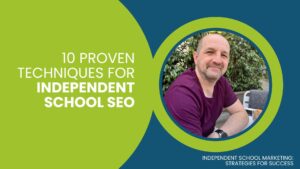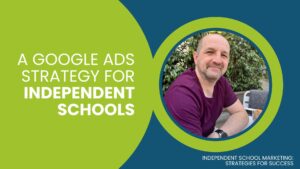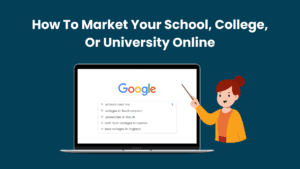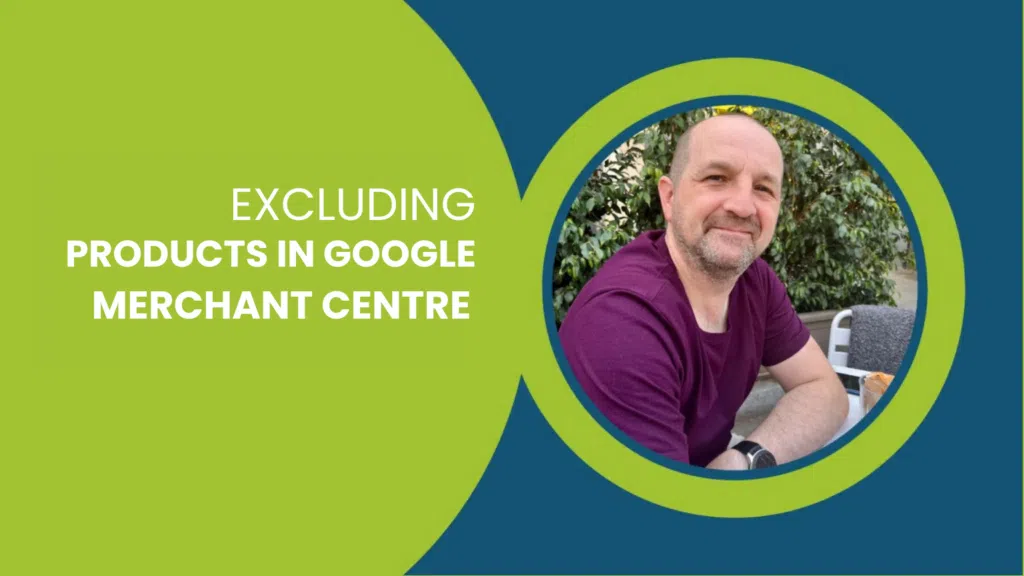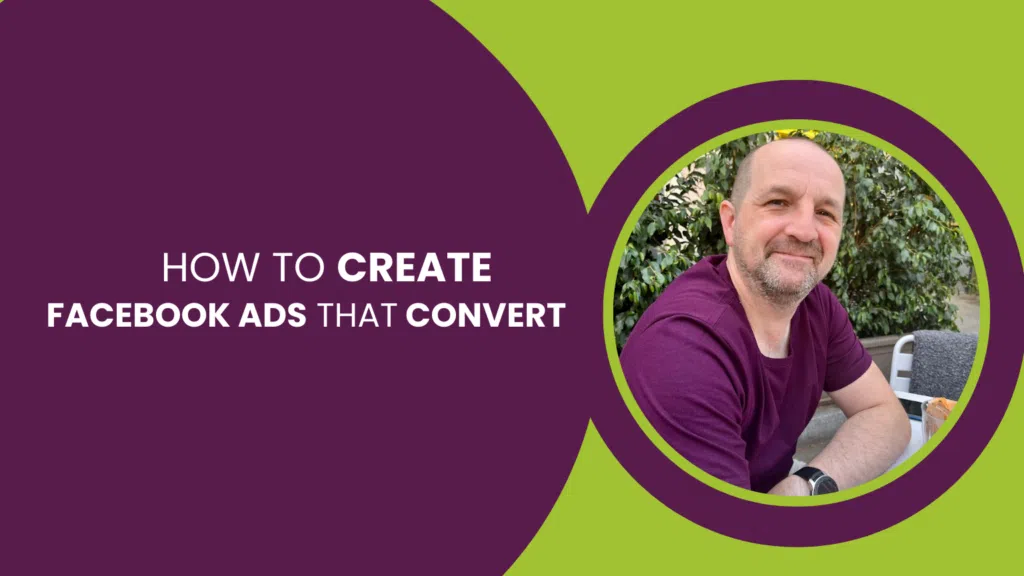Pay per click (PPC) advertising for the education sector can be a minefield of high costs and high competition, and sometimes you might feel like it’s worth devoting your efforts to other channels. However, PPC is an essential digital marketing strategy. It provides instant results and lead generation, as well as improving both your local and national visibility. If you’re not visible online, how can you expect prospective students to find you? Our education PPC guide will tell you everything you need to know.
Why is PPC advertising important for the education sector?
Digital marketing strategies, in general, are crucial to the education sector because most of your target audience will start their research online. If you’re not promoting yourself online using tools such as PPC, you won’t be in front of your audience as they look for open days and course information. This means they are less likely to enrol at your institution.
What are the challenges you’ll face in PPC for education?
There’s more competition than ever in the education field, and with everyone trying to advertise online, it can be much harder to get noticed. This can increase several factors, such as the cost per click. Plus, with some potential students and parents visiting your site multiple times, the total costs can quickly add up.
What can you do to keep costs down?
Target your ads to the right people
Before you run any PPC advertising, you need to decide who you are going to target. Do you want to attract students looking for general open days? Do you want to attract students for a unique curriculum like the International Baccalaureate? Or perhaps you have subject courses that might be of particular interest to specific students?
Targeting the right audience and bidding on the correct keywords will ensure that your PPC ads return quality leads. Whether you are a school, college or university, PPC marketing is going to be beneficial. There are several ways to reach the right people, including audience targeting, demographics and keyword bidding.
Popular Education Marketing Videos
Popular Education Marketing Videos
Audience targeting allows you to select a variety of attributes such as interests in particular topics, marital status and education level. Demographics allows advertisers to reach specific age groups, genders and other characteristics. You can choose to target these segments, or you can simply observe them gather additional market information.
Keyword bidding ensures that your ads are matching relevant searches that your target audience is making. You should aim to choose a range of appropriate keywords using different match types. What’s more, by bidding on relevant and niche keywords, the intent is much higher. This means you’ll stand more chance of getting a better click-through rate and a higher conversion rate.

Target your geographical area
People generally prefer to attend a day school close to where they live. If you aim to attract new students from the local area, then ensure your PPC campaigns have location targeting enabled. Google Ads allows you to select specific locations to target and has a handy feature that enables you to select a radius around locations. By doing this, you’ll find that the traffic coming to your website is relevant and more likely to convert. Plus, with a smaller target area, you can avoid haemorrhaging campaign budgets on irrelevant locations.
Popular Education Marketing Videos
Popular Education Marketing Videos
Have relevant landing pages
Your landing pages can play the biggest role in converting paid traffic to your site. It is your chance to highlight unique features about your institution and encourage the user to take action. Be concise and consistent with your ad copy and the information on your landing page. Conflicting messages will confuse visitors, meaning they are more likely to leave the site without taking the desired action. Landing page experience and relevance is a direct factor towards your ad rank and subsequent PPC performance, so ensure that you have the best user experience possible.
Your landing page can be extremely powerful at encouraging site visitors to take action. So think carefully about what you want users to do once they are on your page. In the education sector, this doesn’t always have to be enrolling on a course. This could also include CTA’s, such as encouraging prospective students to submit a contact form in return for a free eBook or asking parents to sign up for a school newsletter.
Set a bid cap
Education PPC campaigns can get very expensive, very quickly if they aren’t set up correctly. This is often due to the broad nature of keywords and the search demand. To keep your costs down, you can set a maximum bid cap that Google Ads will not exceed. Keep in mind that by limiting bids on keywords, you may restrict the visibility of your ads, causing knock-on effects.
Several other bidding strategies allow for automation whilst maintaining control of spending, such as target cost per acquisition (tCPA) and maximum conversions. These are conversion-focused bidding strategies to help your education campaigns achieve the largest number of enrolments or other conversions for your budget. Make sure you understand each bidding strategy and select the most appropriate for each campaign.
Market using your courses
Bidding on branded terms is helpful for brand awareness and reaching users who already know about your institution. Alongside this, you can also create ads that target people searching for specific courses. This is a great way to get in front of potential students who may not already know your brand.
Use the name of your courses as a starting point, and then do keyword research around each subject area to identify what potential students are looking for. Once you know how your audience is researching, you can create highly targeted and relevant ads which answer their specific needs. Because your adverts for subject courses will match their search intent, there is a much higher chance that they will click on your adverts and enrol.
Consider seasonality
Throughout the year, there are fluctuations in the levels of traffic available for your institution across the whole market. In education, generally, there will be upward and downward trends in the market which coincide with the school holidays. Give yourself the best chance of succeeding with your PPC by factoring seasonal fluctuations into your budget. Give more budget to campaigns at times of the year when there is more available traffic, such as before the school year. You can then recover costs throughout quieter periods. Using the Google trends tool and Google Ads forecast planner can be extremely helpful to aid your budget planning.
Negative keywords
This is a great way to save funds on PPC campaigns by ensuring your ads don’t match irrelevant search queries. By adding negative keywords, you tell Google that you don’t want your ads to show up for searches containing specific words. This can be particularly useful when you are promoting subject courses. For example, you want to promote a Human Biology course, but don’t want to match searches for Marine Biology. By adding the word ‘marine’ to your negative keywords, you can avoid your Human Biology course matching the wrong searches.
You should regularly check the Google Search Term reports and negate any search terms that aren’t relevant to your ads and landing page.
How can you use remarketing?
Remarketing lets you keep your brand name and selling point in front of people who have already clicked on at least one of your ads. You can also remarket to users who have visited specific pages on your website and Google even lets you manually enter CRM data for remarketing.
This means that when potential students return to their research and are closer to the point of conversion, you can ensure your school’s name will be at the forefront of their minds.
While you’re doing your remarketing ads, you must keep in mind where the audience is in the sales funnel and not where you want them to be. There’s no point targeting an enrollment landing page at a student who hasn’t decided what course they want to study or has questions about the cost.
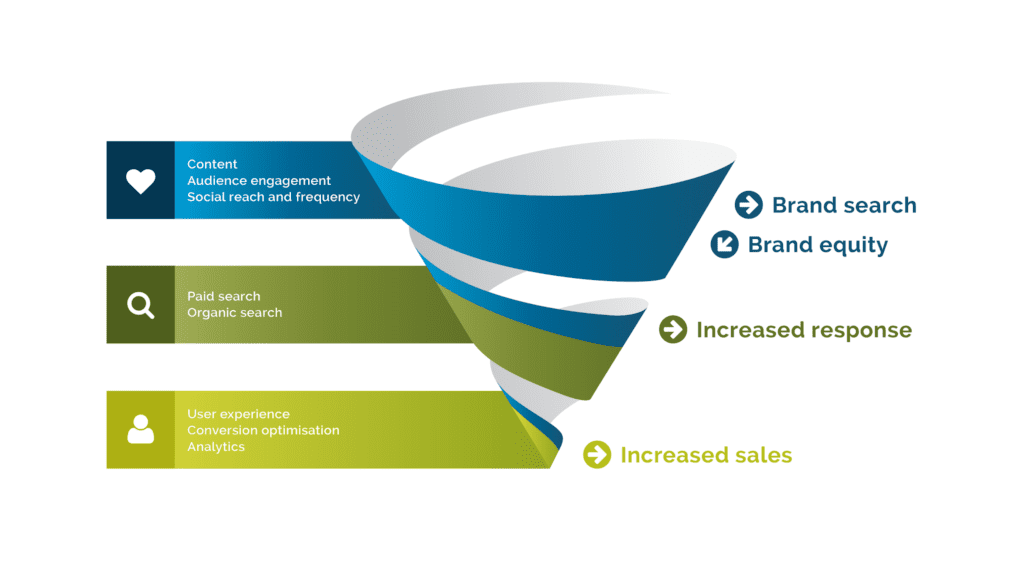
Don’t just use Google Ads
Using a variety of PPC tools will give you the best chance of reaching your target audience. Social media platforms like Facebook are great at promoting your institution to people who are at the top of the conversion funnel. Using a variety of advertising platforms, you can target all stages of the sales funnel to maintain a constant presence throughout the user’s entire journey. As potential students get further into their research, you can then target them with remarketing campaigns when they’re most likely to enrol.
Make the most of your ad copy and landing page copy
The more specific your ad copy and landing copy is, the better your PPC ads will perform. Not only does this make your advertising highly relevant to the user, but it will improve your Google optimisation score and ad rank. This can lead to a lower cost per click, more landing page conversions and lower overall advertising costs!
Create a campaign with ad groups and landing pages for each specific program or course you offer. Ensure your landing pages are as strong as possible by adding additional landing page elements like countdowns and CTA buttons to encourage potential students to enrol.
Summary
PPC campaigns for education can be complicated and expensive if poorly managed. But with this guide, you should be able to run your next campaign with no trouble. Whether it’s using multiple PPC platforms, creating unique landing pages and ad copy, or using remarketing effectively, our tips and tricks will help you any time you want to do a PPC campaign for education. And remember, we are a specialist PPC agency with experience in education, so if you need help, contact us today.


